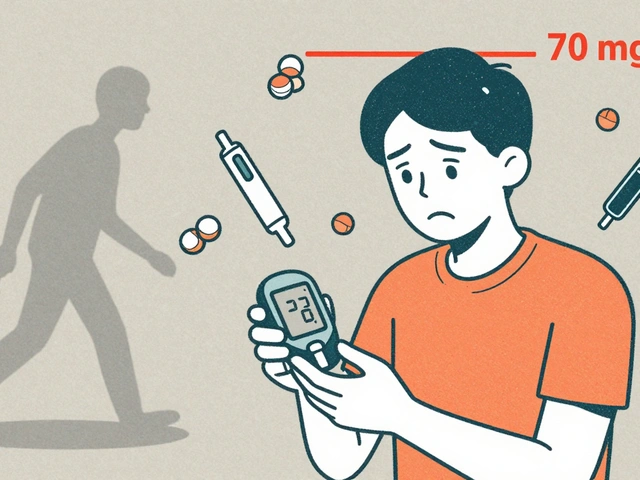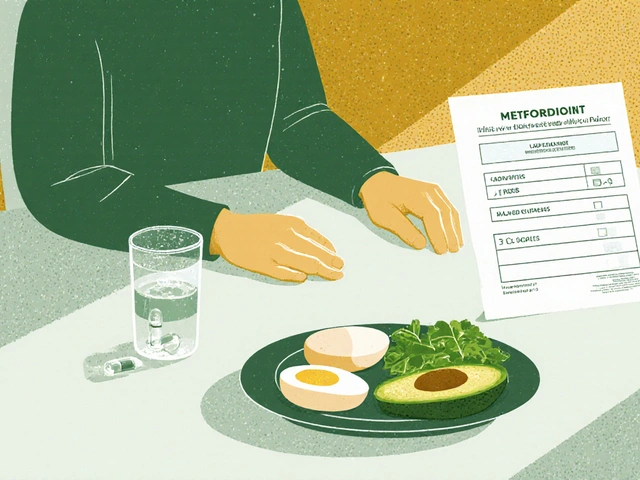Heart failure: what to watch for and what to do next
Did you know heart failure doesn’t always mean the heart has stopped? It means the heart isn’t pumping as well as it should. That can cause shortness of breath, swelling in the legs, tiredness, and trouble sleeping flat. If this sounds familiar, read on — this page collects plain-language articles and practical tips to help you manage symptoms and talk with your doctor.
Signs, simple checks and when to call a doctor
Watch for these red flags: sudden weight gain (2–3 kg in a few days), worse shortness of breath, more swelling in ankles or belly, chest pain, fainting, or confusion. Daily weight checks and noting how far you can walk without stopping are easy ways to track changes. If you get sudden breathlessness at rest or blue lips, get emergency help. Otherwise, call your clinician if you see steady worsening over a few days.
Treatment basics: medicines, devices and lifestyle steps
Treatment aims to relieve symptoms, slow disease and keep you out of the hospital. Common medicines include ACE inhibitors or ARBs (like irbesartan), beta-blockers, diuretics (water pills) and — for some people — drugs that reduce heart workload. If medicines aren’t enough, devices such as pacemakers or defibrillators and sometimes valve or bypass procedures can help.
Simple daily steps make a big difference. Cut salt, keep a stable weight by checking it daily, limit fluid if your doctor recommends, and stay active within your limits. Ask your care team for a tailored exercise plan — short walks often help. Also check medications for interactions and bring a current medicine list to every visit.
Monitor symptoms and tests: your doctor will want regular checks of blood pressure, kidney function, electrolytes and sometimes BNP or echo scans to see how the heart pumps. These tests guide dose changes and tell whether a new treatment is needed.
Mental health matters. Feeling anxious or low after a diagnosis is common. Tell your provider if mood changes affect sleep, eating, or motivation. Simple counseling, support groups, or medication can help.
On HeyDoctor.com you’ll find related reads tagged with heart failure — for example pieces on irbesartan (a blood pressure drug often used in heart and kidney care), and guides to common meds and their safety. Use these articles to learn questions to ask your clinician, compare options, and prepare for appointments.
Want a quick checklist? 1) Track weight and symptoms daily. 2) Take medicines as prescribed. 3) Limit salt and follow fluid advice. 4) Keep regular follow-ups and lab tests. 5) Speak up about mood or side effects.
Heart failure can feel overwhelming, but many people live comfortably for years with the right plan. Read the linked articles, write down your questions, and use this tag page as a starting point for better day-to-day care.

- Jun 28, 2025
- Posted by Cillian Osterfield
Torsemide: Benefits, Dosage, Side Effects, and Tips for Safe Use
Clear, practical guide to torsemide use. Learn its benefits, dosages, real risks, and side effects for heart and kidney health. UK/NZ perspective.
Categories
- Health and Wellness (71)
- Medications (68)
- Health and Medicine (28)
- Pharmacy Services (12)
- Mental Health (9)
- Health and Career (2)
- Medical Research (2)
- Business and Finance (2)
- Health Information (2)
Latest Posts
©2026 heydoctor.su. All rights reserved





